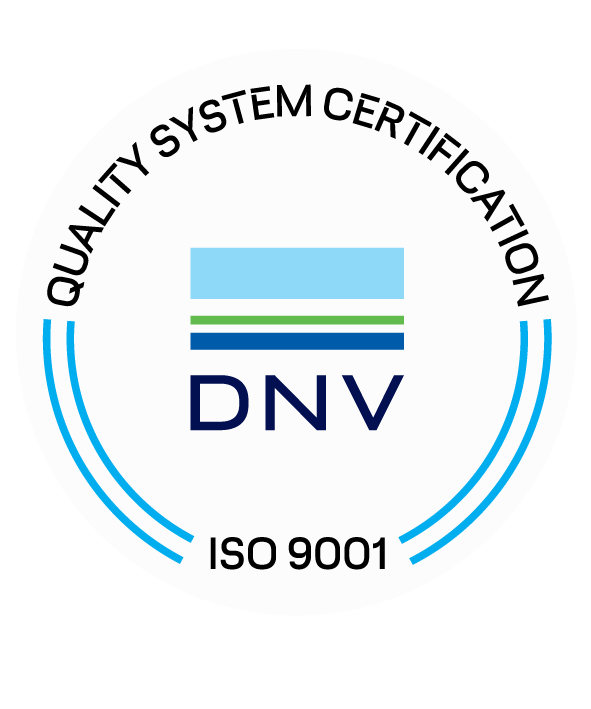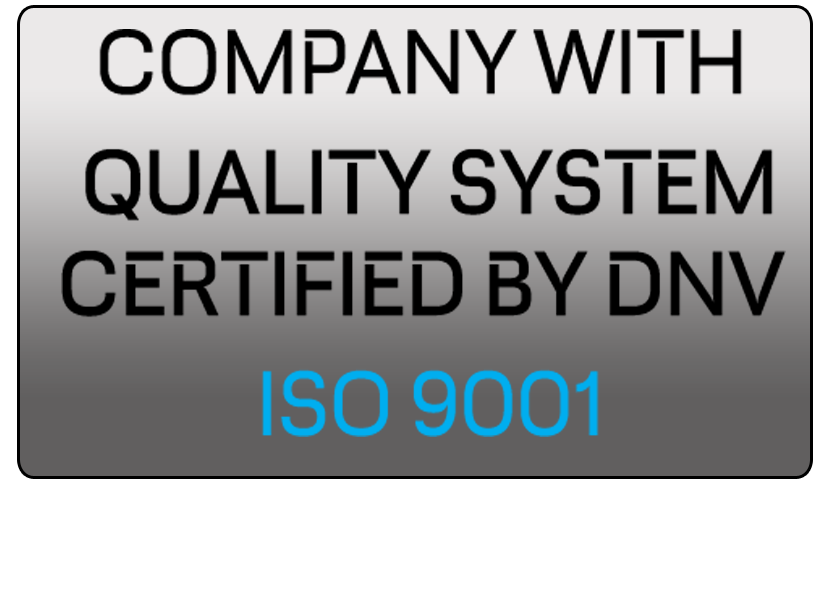Type Galvalum III
The Type Galvalum III Aluminum Alloy is an Al/In/Zn alloy for use in ambient temperature seawater, produced water or marine (seabed) silts. The chemistry of this alloy is optimized for a wide range of applications where temperatures are between 7-60° Celsius (45-140° Fahrenheit), and where Chloride Ion concentration is > 12 ppt. This range covers most of the world’s tropical oceans down to 200 meters (650 ft.) water depths. Chemical composition and electrochemical performance data are provided below:
Chemical Composition (% by weight)
|
|
|
|
| Iron (Fe) |
0.09 max |
| Silicon (Si) |
0.08 - 0.12 |
| Copper (Cu) |
0.006 max |
| Zinc (Zn) |
2.0 - 6.0 |
| Indium (In) |
0.01 - 0.02 |
| Cadmium (Cd) |
0.002 max |
| Others (each) |
0.02 max |
| Aluminum (Al) |
remainder |
|
Electrochemical
|
|
|
|
| Open Circuit Potential |
(-) 1.15 V vs Cu/CuS04 sw. |
| Closed Circuit Potential (1) |
(-) 1.05 V vs Ag/AgCl sw, |
| Seawater Capacity @25C |
1150 A-Hr/lb. (2530 A-Hr/Kg.) |
| Seawater Capacity @5C |
Variable (2) |
| Seabed Mud Capacity (3) |
950 A-Hr/lb. (2090 A-hr/Kg.) |
| Seabed Mud Capacity @ 5C |
Variable (2) |
|
Physical
|
|
| Alloy Density |
0.098 lb/in3 (2.71 gm/cm3) |
| Cost Ratio |
Normal Grade Al Sows |
| Raw Material & Convesion |
1.00 |
|
Recommended Applications
|
|
|
|
| Offshore Structures (Platforms, Pipelines, FPS, FPSO, MODU, SPAR, Subsea Structure, Risers, Wind Turbine, etc) |
Any Tropical Ocean < 600 fsw (180 Msw) with mean water temperature higher than 45 F (7C) |
| Inshore Structures (Ports, Harbors, Jetties, Wind farms, Locks, Dams, Bridges, Piers etc.) |
Any Body of water < 600 fsw (180 Msw) with mean water temperature higher than 45 F (7C), Chloride Ion Concentration > 12 ppt. Resistivity < 200 ohm-cm |
| Produced Water Vessels & Tanks |
Any produced brine < 140 F(60 C)(4) |
| Seawater Ballast Tanks |
Suitable for most seawater applications (5) |
|
Notes
| 1 - Recommended number to use when designing CP systems. |
| 2 - Activation can be a problem with chemistries at extremes of specification in cold water. |
| 3 - Recommended number to use when designing CP systems for offshore pipelines using bracelet or sub bottom anode systems. |
| 4 - Consult a CP Specialist for guidance at elevated temperatures as performance de-rating will be needed. |
| 5 - Exercise care with variable ballast tanks as dangerous volumes of hydrogen can be generated under certain conditions. |
| For additional guidance in application of these alloys, contact Houston. |
|






